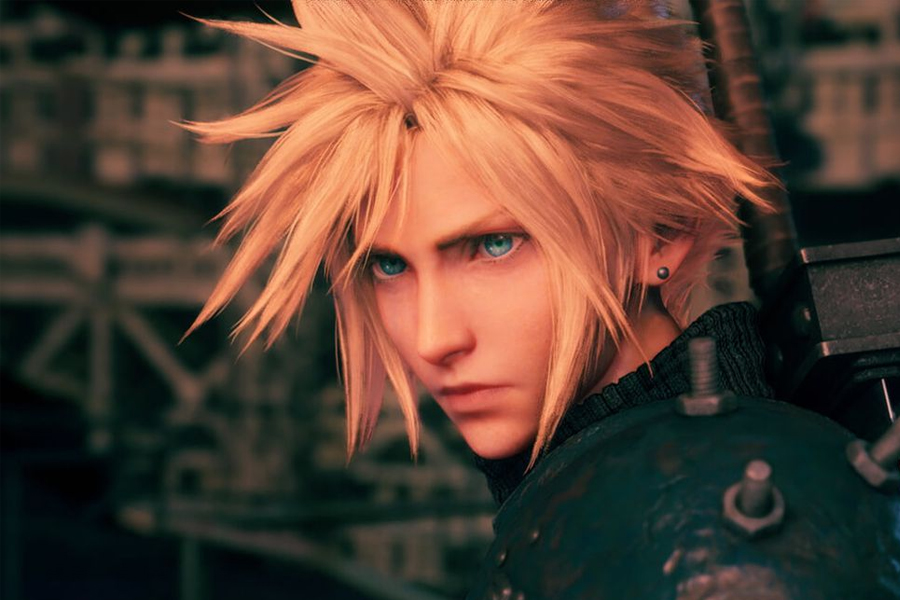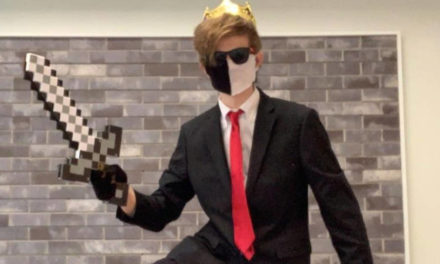A NEW PC PORT for Final Fantasy VII Remake could be one of the most difficult AAA ports to come out in a long time. This is especially surprising considering Final Fantasy 7 Remake: Intergrade, a fantastic PlayStation 5 port of the game released earlier this year.
On December 16, one week after its surprise announcement at The Game Awards 2021, Final Fantasy 7 Remake was released on the Epic Games Store for PC. Alexander Battaglia of Digital Foundry reported some abysmal performance issues on Twitter right away.
While exploring the Sector 7 Slums on stream with a GeForce RTX 3090, Twitch Streamer Maximillian Dood experienced a lot of stuttering. There’s no reason it shouldn’t be able to handle something like Final Fantasy 7 Remake if everything is optimized correctly.
While Digital Foundry plans to release a full video on the port later this week, Battalgia summed up his feelings in a ResetEra thread, saying that it will be literally the worst AAA release he have seen on PC in a long time and said that he humbly submit that no one should buy it. The same thread is full of other players complaining about their problems.
Aside from some major performance issues, the port has some basic control options, such as no way to adjust anti-aliasing, toggle Vsync, control motion blur effects, and so on. It’s shocking to see a port with so few options, especially considering it’s one of the first $70 Epic Games Store titles.
It’s difficult to pinpoint exactly what went wrong with Final Fantasy 7 Remake, but it’s far from the first time one of Square Enix’s ports has disappointed.
In 2017, the PC port of NieR: Automata had similar issues, including a slew of game crashes, a 30fps lock, and a distinct lack of customizability. At the time, Digital Foundry also made a video about the NieR: Automata port.
Similarly, Square Enix released a PC port of Chrono Trigger in 2018, which was plagued by issues such as a lack of control mapping, resolution locking, and strange blurriness in the overall graphics. It took five months and a series of patches to fix the Chrono Trigger port, but NieR: Automata didn’t get a proper fix until July 2021, nearly four years later.
There are other examples of Square Enix’s poor PC ports, but the studio has also released some excellent ones. The recently released PC port of Marvel’s Guardians of the Galaxy has none of the issues that plagued Final Fantasy 7 Remake. In 2018, Final Fantasy XV received a significant PC port, complete with customizable options and features as well as official mod support right out of the gate.
Looking at the big picture, one thing becomes clear: Square Enix’s PC ports are seriously inconsistent. Final Fantasy 7 Remake is one of Square Enix’s most well-known titles, and its release on PC should be a watershed moment.
The quality of the PC port could simply be a function of the team working on it and their familiarity with the technology. For example, for the PC port of Marvel’s Guardians of the Galaxy, a studio called d3t collaborated with Eidos-Montreal. According to d3website, the studio has worked on PC games such as Company of Heroes, Lawbreakers, and Alan Wake Remastered.
All we know about the PC port for Final Fantasy 7 Remake is that it was developed in-house at Square Enix. It’s difficult to say exactly what went wrong without knowing more about the development process, but it’s still surprising that a game developed with Unreal Engine 4 and released exclusively on the Epic Games Store would be this bad. After all, this is a game about which Unreal’s official site has a lengthy post about how the team used the engine.
We’ll undoubtedly see more options and fixes in the coming weeks and months, as the Final Fantasy 7 Remake is a top priority for Square Enix right now, especially with Part 2 in the works. According to a datamine, the game’s PC files also mention a Steam release, so it’s possible that by the time that happens, the game will be in a much better state.
The big question now is whether Square Enix will address these issues quickly, or if fans will be left in the dark for months, if not years, as was the case with previous titles like NieR: Automata.







